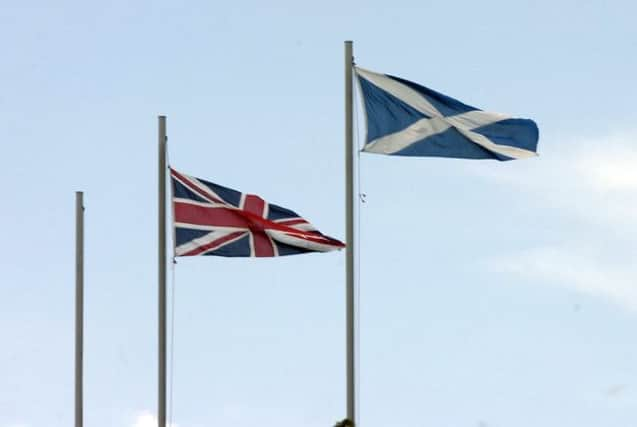Pay rise for 150,000 after Yes vote, signals SNP


The party has said it would set up a commission in an independent Scotland to consider a new minimum wage that would rise at least in line with inflation.
However, the pledge has been met with scepticism by Labour who argue that SNP ministers in the Scottish Government already have the power to raise many earnings to a living wage but have failed to do so.
Advertisement
Hide AdAdvertisement
Hide AdThe row has echoes of the SNP’s £114 million childcare promise made at the launch of the independence white paper which opposition parties pointed out could have been delivered immediately without a Yes vote in September.
The SNP analysis on wages found that around 150,000 Scots, or just under 7 per cent of the workforce, will be earning the UK national minimum wage in Oct-ober, when the rate is due to increase to £6.50. The wage had failed to keep up with the cost of living since 2008, the party said.
Christina McKelvie MSP, convener of the SNP parliamentary trade union group, claimed a Yes vote would ensure low-paid workers “earn a fair day’s pay for a fair day’s work”.
She said: “Scotland is one of the richest countries in the world – and yet the latest figures show that the number of people living in poverty is on the increase, with a million Scots now living below the breadline.
“We know one of the key drivers of poverty is earnings – which is why we would use the powers of independence to set a Scottish Minimum Wage guarantee.
“A minimum wage that rises – at the very least – in line with inflation.
“The Scottish Government is already using the limited powers it has to take steps to help those on the lowest incomes.
Advertisement
Hide AdAdvertisement
Hide Ad“But with independence, we would have improved wages for all our workers, not just those under the responsibility of government.”
The SNP added that if inflation increases had been introduced five years ago, low-paid Scots would have been up to £675-a-year better off.
An expert group set up by the Scottish Government to examine welfare under independence has recommended that the minimum wage be brought up to the same level as the living wage, which is £7.65 an hour.
However, in a possible sign that the proposal may not become Scottish Government policy, Deputy First Minister Nicola Sturgeon only said she would “look closely” at the proposal.
Scottish Labour’s spokesman for finance, employment and sustainable growth, Iain Gray, dismissed the pledge as “jam tomorrow” saying that the SNP is “not serious” about raising low pay.
He said: “If the SNP were serious about helping the low paid then they would have supported Labour amendments on the living wage.”
With public bodies spending £10 billion a year on goods and services, the Scottish Government has brought forward legislation aimed at maximising the economic benefit this brings.
But in May this year the SNP used its majority in Holyrood to vote down a bid by Labour to introduce a “Scottish Living Wage duty” which would have made it a condition that companies who wanted to secure public sector contracts must pay their workers the £7.65 an hour Living Wage.
Advertisement
Hide AdAdvertisement
Hide AdAt the time Ms Sturgeon insisted ministers were tackling the issue of the Living Wage in the “strongest way possible”, but said making its payment a mandatory part of public contracts did not meet European laws.
After a heated debate in the parliament, MSPs voted by 44 to 74 against introducing a “Living Wage duty”.